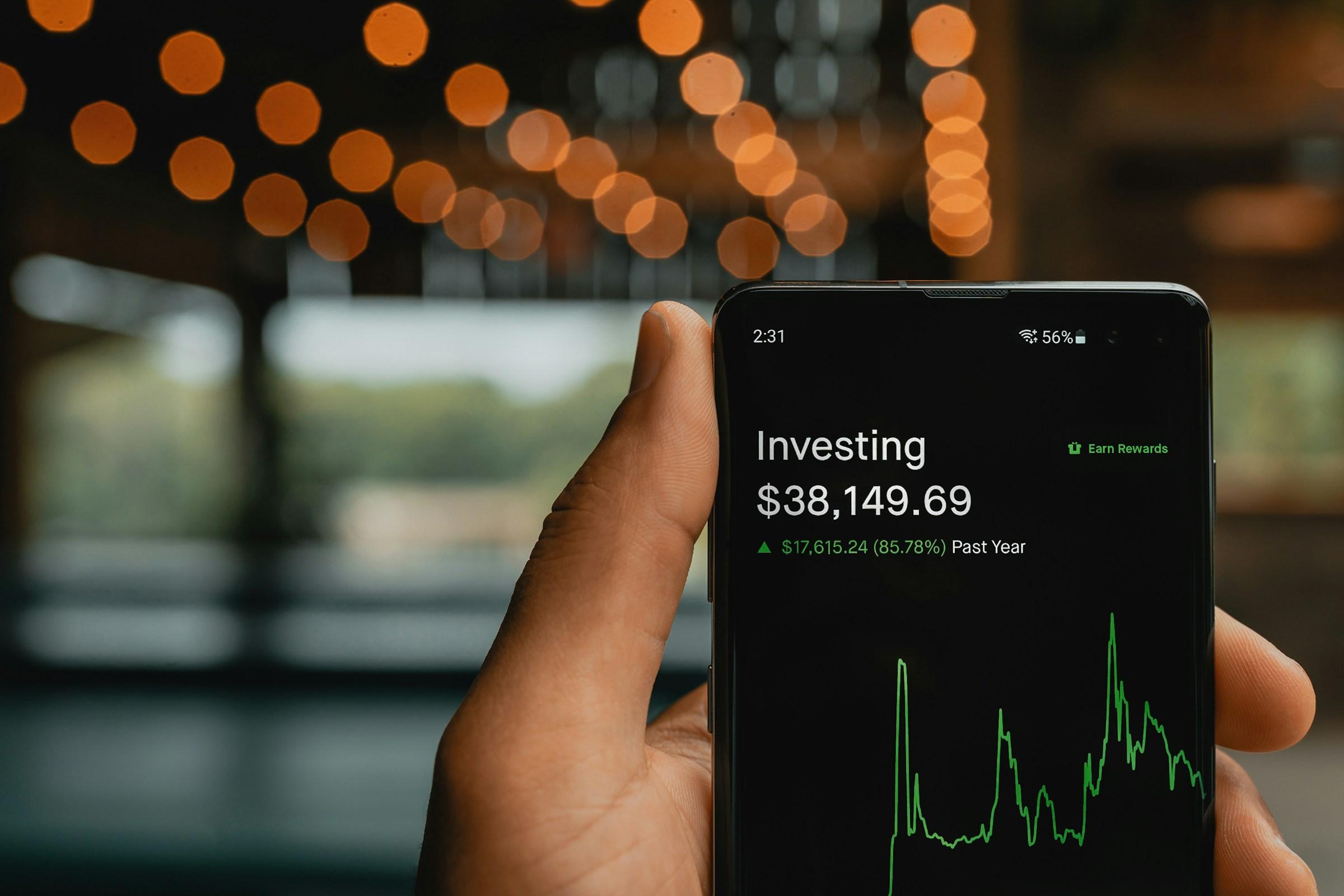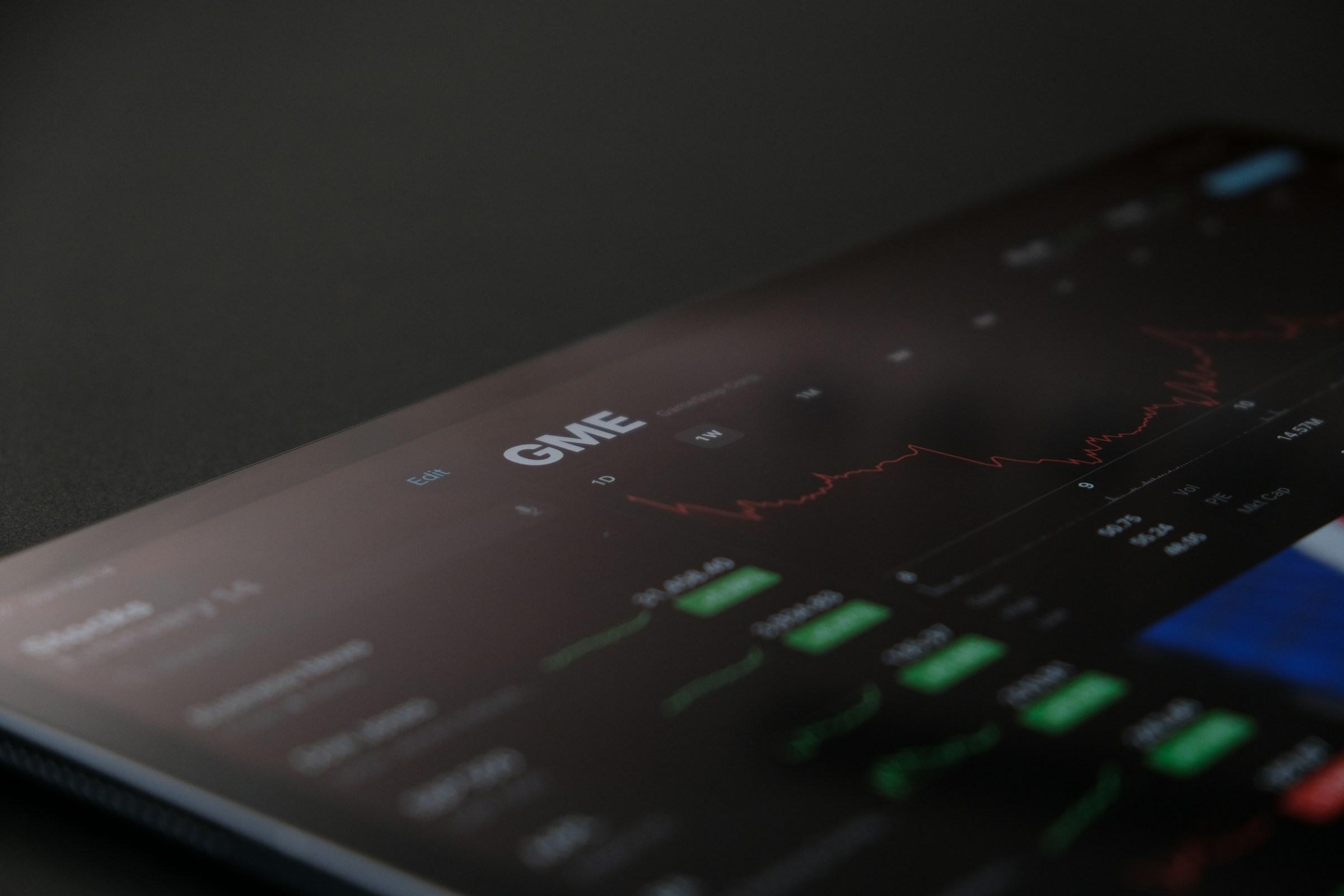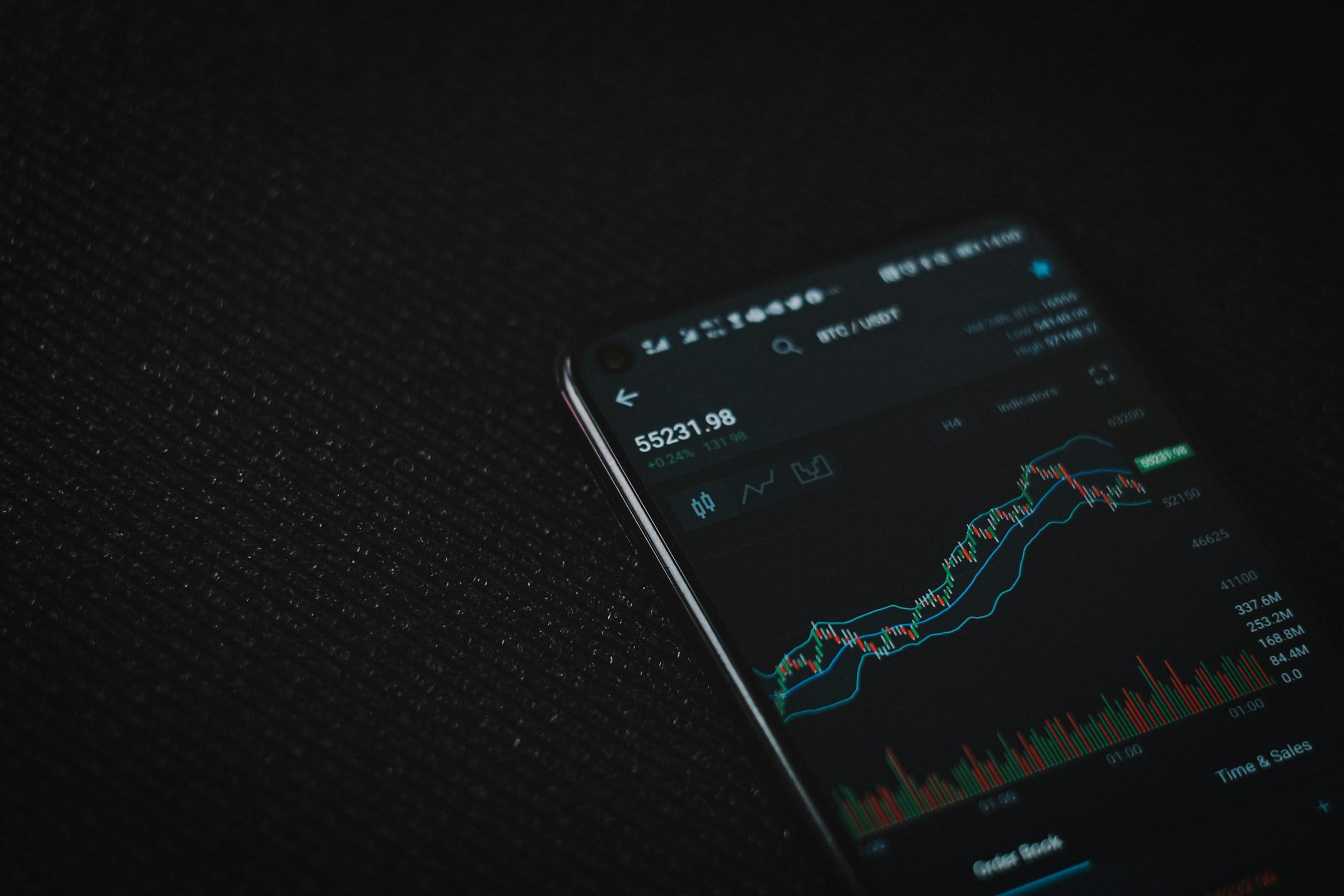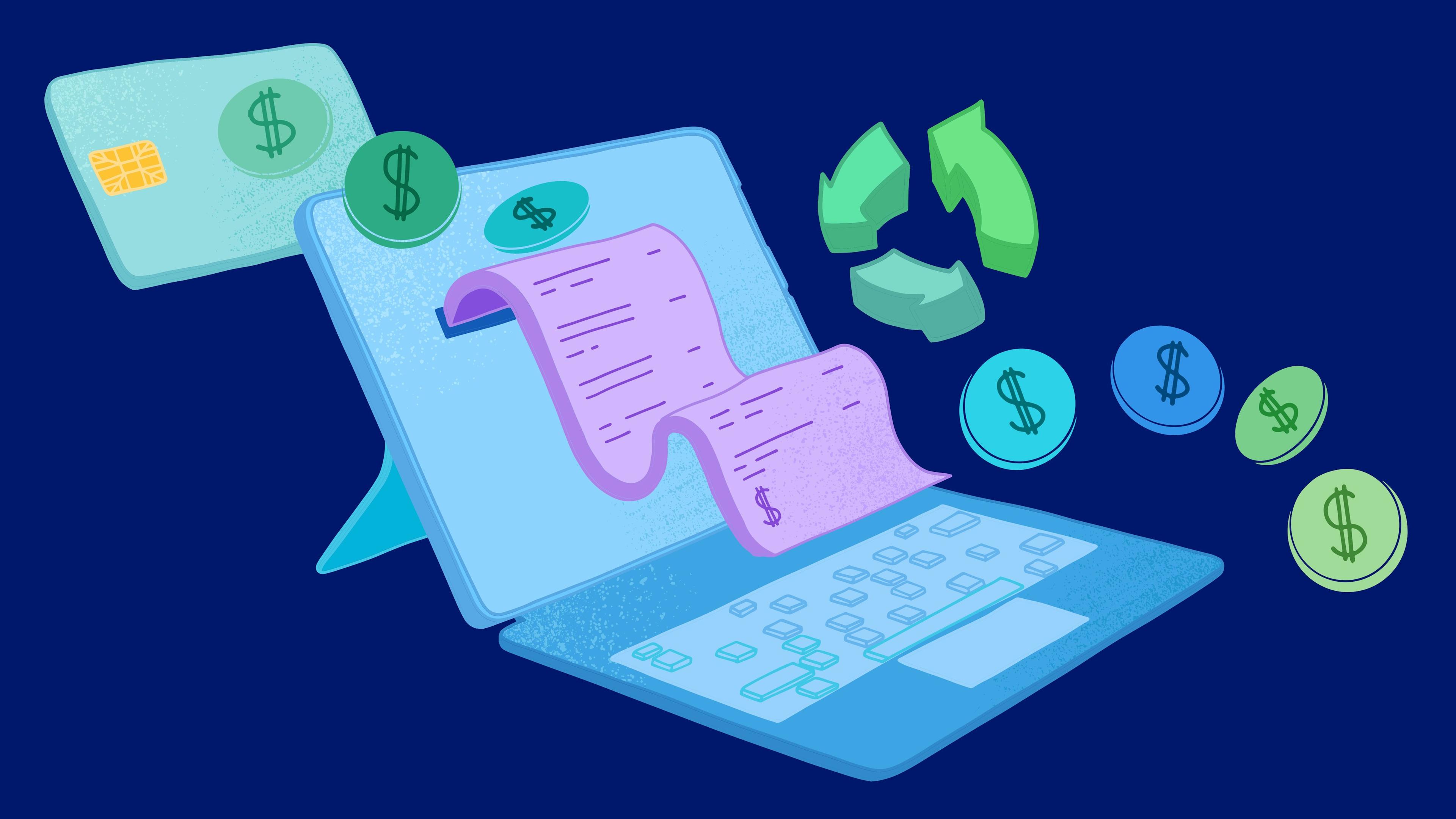If you have ever tried to buy crypto, you probably noticed something. The ads talk about freedom and decentralization, but the sign up form asks for your full name, address, ID scan, selfie, and sometimes even your source of funds. It feels less like joining the future of money and more like opening your fifth bank account.
So the instinct is understandable. You want exposure to crypto, you want to experiment with DeFi or stablecoins, but you do not want your personal data sprayed across half the internet or sitting in some exchange database that might get hacked later. The good news is that you can improve your privacy without doing anything shady. The catch is that you need to understand what is legally required and what is just sloppy data habits.
Let us start with the boring but important part. If you are using a regulated exchange that connects to the banking system, some level of identification is usually required by law. Know Your Customer and anti money laundering rules are not optional. Trying to sneak around those rules or use tools that exist mainly to hide money from authorities crosses into a different conversation that can get you into serious trouble. This guide is about something else. It is about how to use those systems with less data exposure, better security, and smarter choices, so you are not handing out more of your life than you need to.
The first step is simple. Decide what you are actually trying to protect. If your main fear is spam, targeted ads, and random scam calls, you are dealing with data brokers and low level leaks. If your fear is getting your identity stolen, you care about how your ID documents and passwords are stored. If you are in a high risk situation, like an activist in a hostile environment, you are in a different category that probably needs legal advice, not just an online article. Get honest about your risk level and design your approach around that, not around memes about total anonymity.
Once that is clear, treat your crypto life like a separate lane from your regular online life. Start with a dedicated email that you only use for exchanges and wallets. Make it something that does not include your full name. Use a password manager to generate long, unique passwords for every platform. Turn on two factor authentication everywhere and prefer an authenticator app over SMS, because phone numbers get hijacked more often than you think. None of this dodges KYC, but it does create distance between your main social accounts and your financial accounts, which already improves your privacy.
When you choose where to actually purchase crypto, do not just look at fees and coin selection. Look at how the platform talks about data. Do they clearly explain what they collect and how long they store it. Do they support security features like hardware security keys or device whitelisting. Have they had public breaches before and how did they respond. A platform that is regulated and boring, but transparent about security, is often safer than a flashy app that promises instant, no questions asked deposits. The safest ways to purchase crypto usually involve sacrificing a bit of speed and hype in exchange for better governance and controls.
On the KYC screens themselves, read carefully. Some fields are legally required. Some are just marketing teams being greedy. If a platform asks for data that clearly has nothing to do with compliance, like all your social media handles or detailed demographic questions, you can skip optional fields or choose a different provider. Provide accurate information where it is mandatory, both for legal reasons and to avoid problems when you eventually withdraw. But do not volunteer extra information just because the box is there.
Next comes the payment method. Cards are convenient, but they bring extra parties into the mix, such as payment processors and sometimes even loyalty partners. Bank transfers are slower, but they typically involve fewer hops in the data chain. Each method leaves a trail in your bank statement, so do not trick yourself into thinking any fiat on ramp is invisible. The privacy gain here is mainly about reducing how many companies have a copy of your details. If your country has faster payment rails or licensed local exchanges with direct bank integration, those can be a good middle ground between convenience and data sprawl.
Many exchanges now include peer to peer features where you buy from other users and pay them through local payment apps or bank transfers while the platform holds the crypto in escrow. These systems can reduce how much your card data or bank account is shared with big global processors, but they introduce a different risk. You are now dealing with strangers who might try to scam you, and your name usually appears in the bank transfer. That means you need to be disciplined. Keep all communication inside the platform, follow the instructions exactly, and only work with well rated traders. If something feels off, walk away. Privacy is not worth more exposure to fraud.
One of the most important privacy moves happens after you purchase, not during. Leaving your coins on an exchange or in a custodial wallet means your holdings are linked to a profile that includes your full identity. For long term storage, move coins you plan to hold into a non custodial wallet that you control. That could be a hardware wallet or a well regarded software wallet where you keep the seed phrase safe and offline. When you withdraw, you can send funds to a fresh address that is not obviously linked to your earlier transactions. This does not make you invisible on chain, but it separates your personal identity from every future move you make with those coins.
You also need to think about network level privacy. Always avoid logging in to exchanges or signing big transactions on random public WiFi, especially in cafes or airports. Use your own mobile data or a trusted home connection. If you use a virtual private network, pick a reputable paid provider that does not log your activity, and make sure using that service is legal in your jurisdiction. A VPN does not make you anonymous, but it can stop your internet provider or random snoops on the local network from watching every site you visit. Layer that with good browser hygiene, such as regular clearing of cookies or using separate browser profiles, and you lower the amount of tracking that can be tied to your crypto behavior.
Online behavior is often where people leak the most information for free. You might be very careful with KYC and wallets, then casually post your wallet address under a tweet, flex a big profit on Instagram, or share screenshots in a group chat. All of that links your real identity to specific addresses and amounts. Once it is out there, it is hard to take back. Try to keep your public content focused on education or general opinions rather than personal balances or transaction details. If you join communities on Discord, Telegram, or Reddit, avoid reusing usernames that are obviously tied to your real name, and never share seed phrases or private keys with anyone, no matter how official they sound.
It is also worth calling out the big red flags. Some platforms aggressively advertise that they need no KYC for large amounts, or they sit in offshore jurisdictions with zero transparency and no clear compliance team. Others encourage you to use mixers or complex routing tools that exist mainly to break the link between your funds and their origin. These tools are closely watched by regulators and law enforcement in many regions, and using them can put you in the same bucket as people laundering money, even if your own funds are clean. Even if you never get into legal trouble, you risk waking up to frozen accounts, blocked withdrawals, or coins that are hard to move because other platforms flag them as suspicious.
So here is the real picture. The safest ways to purchase crypto without exposing personal data are not about finding magical no KYC tunnels. They are about minimizing unnecessary data sharing, choosing better run platforms, separating your identities, and building security habits around how you connect, store, and talk about your assets. It is less dramatic than setting up secret wallets in hidden jurisdictions, but it is far more likely to keep you both safe and compliant.
In the end, you want your future self to look back and see a trail that makes sense. Clean purchase records through regulated channels. Sensible withdrawals to wallets you control. No embarrassing oversharing on social media. No shady platforms that suddenly vanish with your coins. Privacy in crypto is not about disappearing. It is about staying in control of which parts of your financial life you share, with whom, and under what rules. That control is the real flex.



.jpg)










